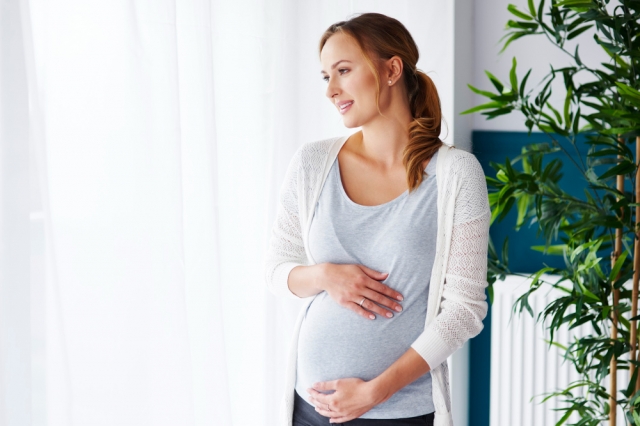The decision to become an egg donor can be a deeply personal and selfless one. By choosing to donate your eggs, you have the opportunity to help make someone's dream of starting a family come true. However, before embarking on this journey, it is crucial to understand the egg donation process from start to finish. This article aims to guide you through each step of the process, from eligibility requirements to compensation.
Eligibility Requirements
To become an egg donor, certain eligibility criteria must be met. It is important for potential donors to be in good overall health and between the ages of 21 and 32. While specific age limits may vary slightly between egg donation clinics or agencies, this age range is generally considered optimal for successful egg retrievals and resulting pregnancies.
Additionally, factors such as a healthy BMI (Body Mass Index) within a normal range, non-smoking status, and absence of any hereditary or genetic diseases are commonly considered during the screening process. A thorough medical history evaluation is conducted to ensure that donors can provide eggs free from any inheritable conditions.
Screening Process
Once preliminary eligibility criteria are met, potential donors undergo a comprehensive screening process. This includes detailed medical examinations, tests for infectious diseases like HIV and hepatitis B/C, genetic screenings for carrier risks, psychological evaluations, family background assessments, and interviews with reproductive specialists.
The purpose of these evaluations is twofold: first, to ensure the physical suitability of donors so that they can safely undergo ovarian stimulation treatments; second, to ensure that they have a proper understanding of their responsibilities as egg donors.
Matching Process
Following successfully passing all screenings and becoming an approved donor candidate, reproductive clinics or donation agencies start finding matches for their donors based on various factors such as ethnicity or physical characteristics requested by intended parents. Most clinics maintain databases where recipients can browse through profiles created by potential donors or make specific requests based on anonymous donor selections.
It is crucial to note that egg donation is a highly confidential process, and the identity of donors is kept strictly anonymous. This ensures the privacy and protection of both parties involved – donors and intended parents.
Ovarian Stimulation
Once a donor has been matched with an intended parent or group, the next step in the process is ovarian stimulation. The goal of this stage is to stimulate the ovaries to produce multiple mature eggs that can later be retrieved for fertilization. Typically, donors receive injections containing follicle-stimulating hormones over a span of 10-12 days.
During this period, regular monitoring through blood tests and ultrasound examinations helps healthcare professionals determine the optimal time for egg retrieval.
Egg Retrieval
When monitoring indicates that the eggs have reached maturity, a final injection called an hCG trigger shot initiates ovulation approximately 36 hours prior to retrieval. The actual procedure takes place in an outpatient setting and usually lasts for around 20-30 minutes under mild anesthesia or conscious sedation.
Using transvaginal ultrasound guidance, a needle is carefully inserted into each ovarian follicle to extract eggs. These eggs are then assessed by embryologists who can identify healthy and mature ones suitable for use in IVF (in-vitro fertilization) or other applicable reproductive procedures.
Post-Retrieval Care
After the egg retrieval procedure is completed, it's normal to experience minor discomfort, such as bloating or cramping, for a few days. However, full recovery typically doesn't take more than two weeks.
Throughout this period, it is important to restrict activities requiring physical exertion or direct contact with water, such as swimming or taking baths. Follow-up appointments allow physicians to evaluate your condition post-retrieval and provide necessary guidance during recovery.
Compensation
Lastly, it's crucial to address one aspect - compensation for egg donors. While compensation varies depending on various factors like geographic location and specific agreements with the fertility clinic or agency, it is important to note that egg donation is not intended as a way to make a substantial income.
Compensation amount aims to acknowledge both the significant time and effort involved in the process as well as any potential inconvenience or discomfort. It is advisable to seek legal counsel during the initial stages of considering egg donation, ensuring you have a clear understanding of all associated legal aspects, rights, and responsibilities.
Conclusion
Becoming an egg donor can be a fulfilling journey, knowing that you are making a significant impact on someone's life. From meeting eligibility requirements to undergoing extensive screenings, ovarian stimulation, egg retrieval, and post-retrieval care – each step in this process must be understood clearly.
Always consult reputable fertility clinics or agencies when contemplating donation. Remember that becoming an egg donor is a deeply personal decision, so take your time to reflect and gather all the necessary information before embarking on this noble endeavor.






